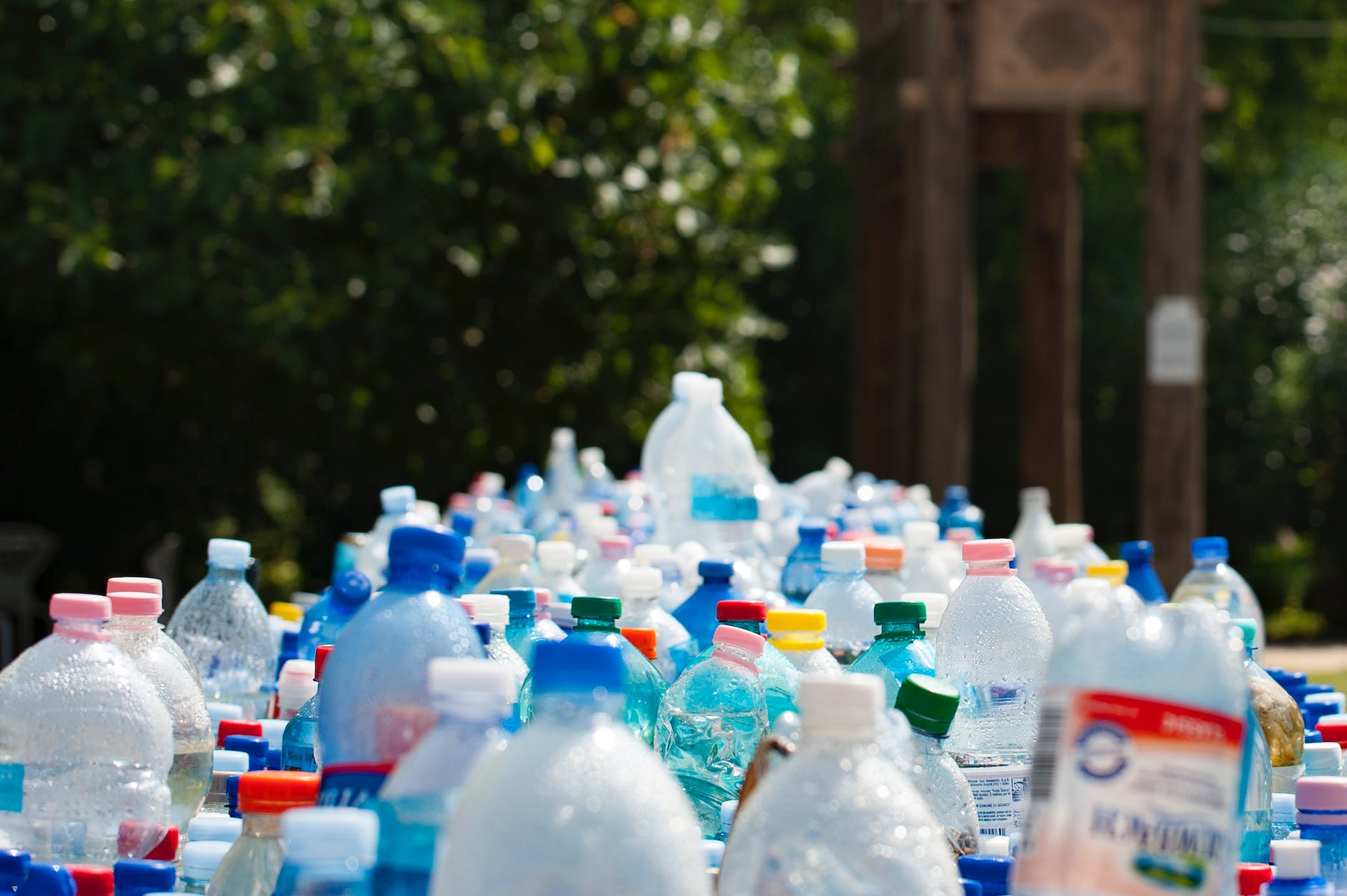Key Takeaways:
- Adopting d2w biodegradable technology is crucial to prevent plastic pollution.
- Compostable plastics do not effectively address the problem of plastic pollution as they require specific conditions to biodegrade.
- D2w biodegradable plastics offer a sustainable solution by naturally biodegrading in any environment.
In the relentless battle against plastic pollution, a groundbreaking revelation has emerged, challenging conventional notions of sustainability. Symphony Environmental, a pioneer in environmental packaging technology, has shed light on the critical difference between biodegradable and compostable plastics, emphasizing the unparalleled efficacy of d2w biodegradable technology in combating environmental degradation.
Deciphering the Plastic Puzzle: Biodegradable vs. Compostable Plastics
Amidst the surge in eco-conscious consumerism, distinguishing between biodegradable and compostable plastics has become paramount. While these terms are often used interchangeably, Symphony Environmental asserts that they represent fundamentally distinct approaches to addressing plastic pollution. Unlike compostable plastics, which necessitate controlled composting conditions, d2w biodegradable plastics undergo natural degradation processes, offering a holistic solution to environmental sustainability.
The Imperative of d2w Biodegradable Technology
Michael Laurier, CEO of Symphony, underscores the urgent need for adopting d2w biodegradable technology as a cornerstone of sustainable packaging solutions. Laurier elucidates, “The problem with plastic is that a lot of it gets into the open environment, where it creates persistent microplastics. Therefore, it is important to make plastic so that it biodegrades much more quickly at the end of its useful life.”
Laurier emphasizes the intrinsic superiority of d2w biodegradable plastics, which facilitate rapid and natural degradation in diverse environmental conditions. Unlike compostable plastics, which rely on industrial composting facilities and produce harmful CO2 emissions, d2w biodegradable plastics decompose swiftly and safely, integrating seamlessly into the natural ecosystem.
Embracing a Sustainable Future with d2w Biodegradable Materials
In an era marked by heightened environmental consciousness, the adoption of d2w biodegradable materials emerges as a pivotal strategy in mitigating the adverse impacts of plastic pollution. From grocery bags to food packaging, the versatility of d2w technology offers a holistic approach to sustainable packaging solutions, transcending conventional limitations of plastic usage.
Laurier reiterates, “Plastic has recently been taboo among eco-warriors, but it would be a mistake to ban plastic products, which are very often the best material for the job. Instead, the advancement of technology has allowed for plastic to be environmentally sustainable.”
A Call to Action: Redefining the Paradigm of Plastic Consumption
As global stakeholders grapple with the imperative of environmental stewardship, Symphony Environmental advocates for a paradigm shift in plastic consumption. By embracing d2w biodegradable technology, industries and consumers alike can embark on a transformative journey towards a more sustainable future, characterized by harmony between human innovation and ecological integrity.
In conclusion, the revelation of d2w biodegradable technology heralds a new chapter in the fight against plastic pollution, offering a beacon of hope amidst environmental uncertainty. As the world unites in pursuit of sustainability, the adoption of d2w biodegradable plastics stands as a testament to humanity’s capacity for innovation and resilience in the face of environmental adversity.
For more information on Symphony Environmental and d2w biodegradable technology, visit www.symphonyenvironmental.com.
Sign up to our newsletter & get the most important monthly insights from around the world.
Ready to Amplify Your Brand with Business Today?
Discover the power of sponsored articles and partnerships to reach decision-makers, professionals, and a dynamic audience. Learn more about our advertising opportunities and connect with us today!
Click here to explore our Promotion & Sponsored Articles page.
Are you looking to make an impact? Contact us at pitch@businesstoday.news to get started!







